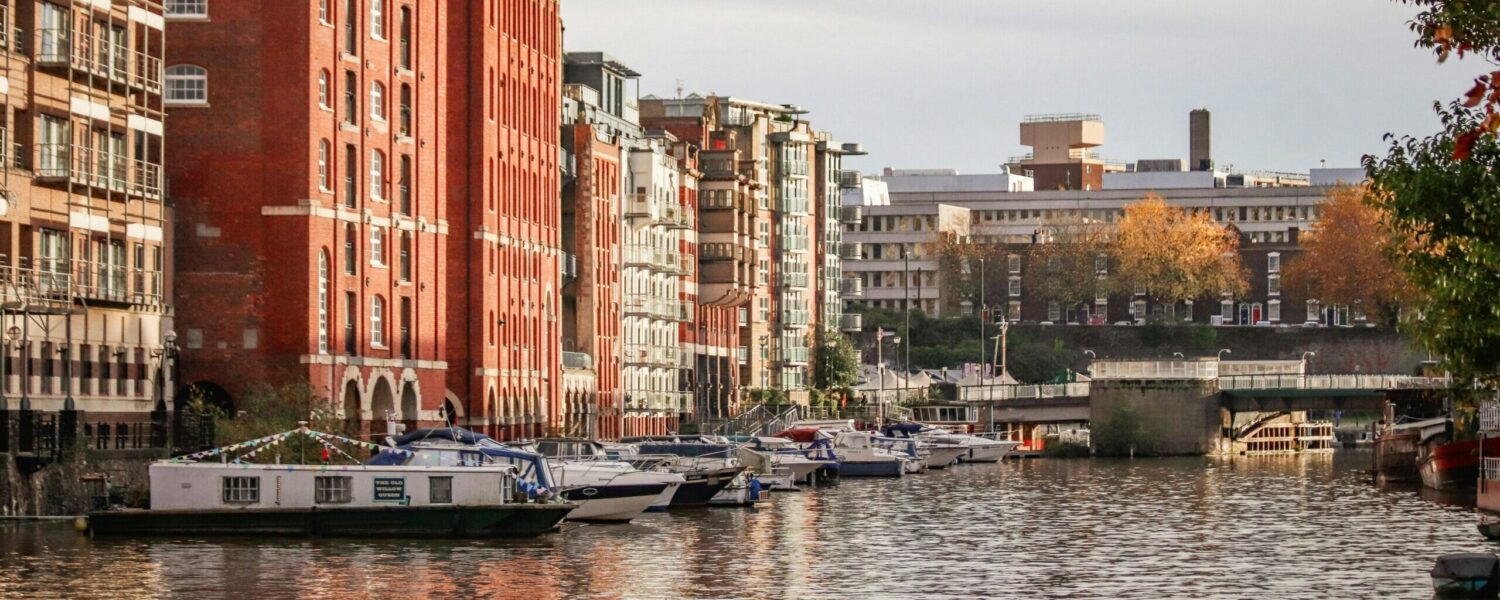Top water safety tips
- If you fall in the water, float to live. Stretch out your arms and legs and lie back in the water. Control your breathing, and once it’s under control, call for help.
- Don’t drink and drown. Avoid entering the water if you’re under the influence of drugs or alcohol.
- Give waterways a wide berth, and avoid walking, running or cycling too close to the water’s edge, particularly when it’s dark.
- If you see someone in trouble in the water, call 999. Do not enter the water after the person. Instead, offer help from a safe distance away from the edge such as throwing them a throwline or life aid. You can also tell that person to ‘float to live’.
Safer swimming
- If you’re planning to go swimming, try to only swim where there are lifeguards and the water is managed and supervised.
- Never leave children alone in the water, even if they are confident swimmers.
- Know where you are, so if you need to call 999, you will be able to give your exact location. You can download the free What3Words app to help locate yourself and others.
- Make sure children have the appropriate floatation aids to help keep them safe in the water.
- Know the hidden dangers of water, and make sure you’re doing what you can to reduce your risk.
River rescue cabinets
- Along the riverside cycle path in Bath, and at regular intervals around Bristol Harbourside, there are river cabinet rescue stations.
- If you see a person struggling in the water, call 999 immediately and ask for the fire service, quoting the location number on the cabinet.
- You will be given a four-digit code to open the cabinet and access the throwline inside.
- Ensure you are safe distance away from the water’s edge and take the throwline and unfasten the Velcro.
- Ensuring you have a firm grip on the end of the line, throw the bag towards the person with your dominant hand.
- Whilst you do this, a rescue crew will be travelling to your location.
Hidden dangers of water
The water may look calm, but there are many factors that can cause you harm lurking beneath the surface.
- We recommend that you never swim alone. If you do decide to go by yourself, always tell somebody where you’re going.
- Even in the height of summer, the waters in England remain cold enough to induce cold water shock, the body’s involuntary response to being suddenly immersed into cold water. It can cause you to gasp for breath, inhale water ,cause panic and can lead to drowning.
- Hidden currents can make it difficult to swim back to shore, even for the strongest swimmers.
- Water conditions can change quickly, weather can cause the ground to become unstable or increase water currents, which can be fatal.
- The water is often far deeper than you may think.
- From rocks to rubbish, there are many dangerous materials that may be lurking beneath the water. When swimming, it can be hard to see what lies beneath.
- Water pollution and freshwater diseases can make you ill.
- Remote locations may seem like the perfect spot for a swim, but these locations can be hard for emergency services to find in an emergency. Download the What3Words app to help pinpoint your exact location.
Do you work with a youth group or in a school?
Why not book one of our free Water Safety sessions so that the young people with whom you work can learn all about the dangers of water, how to identify and mitigate risk and what to do in the event of an emergency.
All sessions are tailored to the appropriate Key Stage and delivered by our experienced Children and Young People Team. Book a session now.
Contact the Children & Young People TeamAlso in this section
Page last updated
